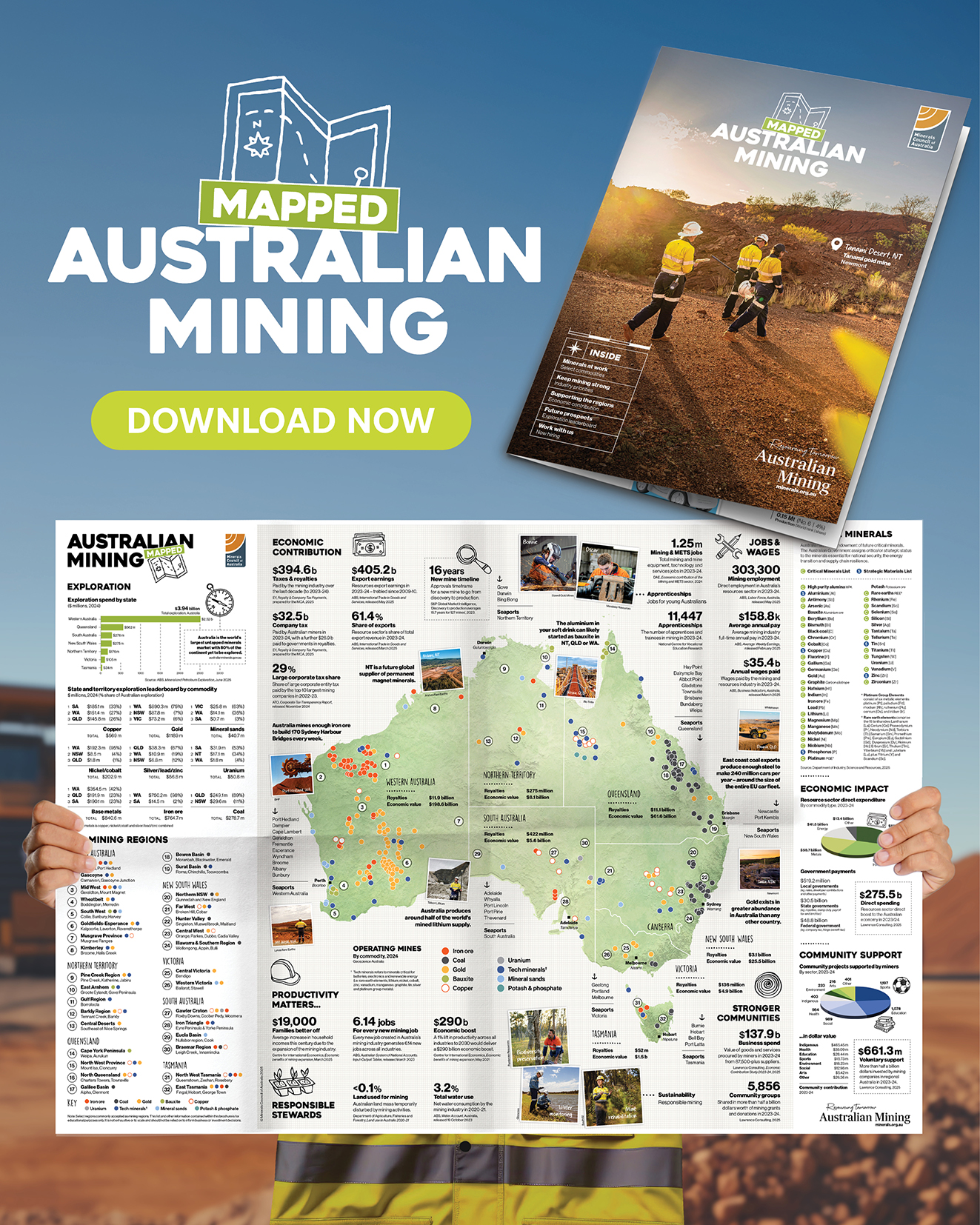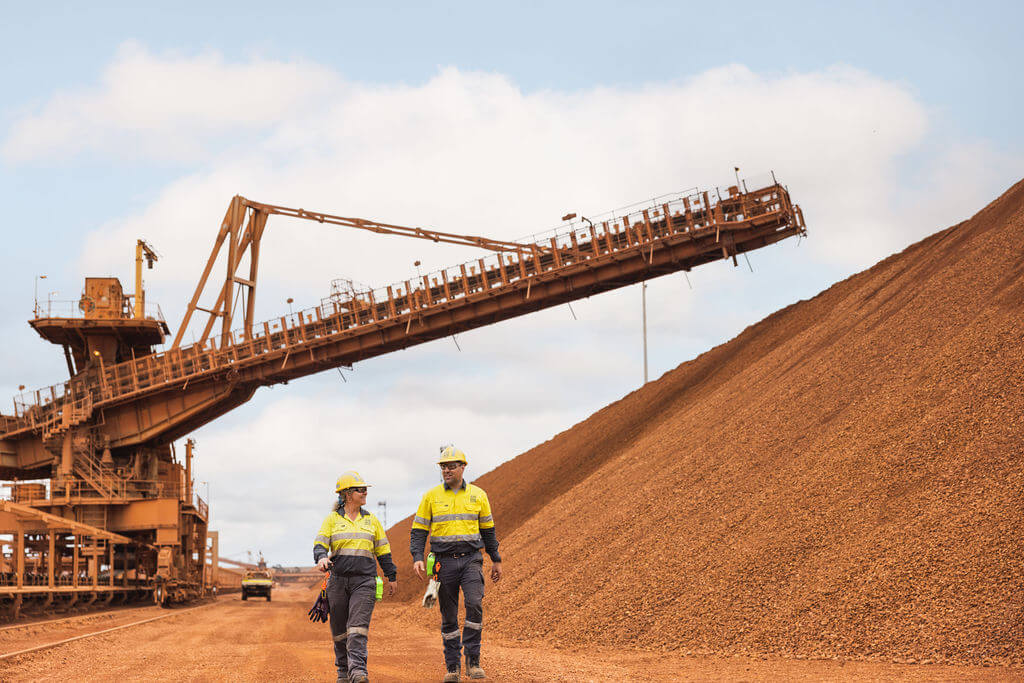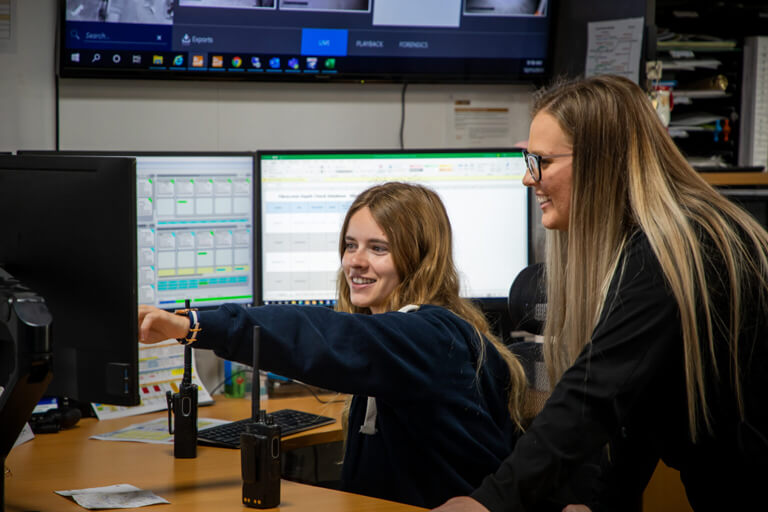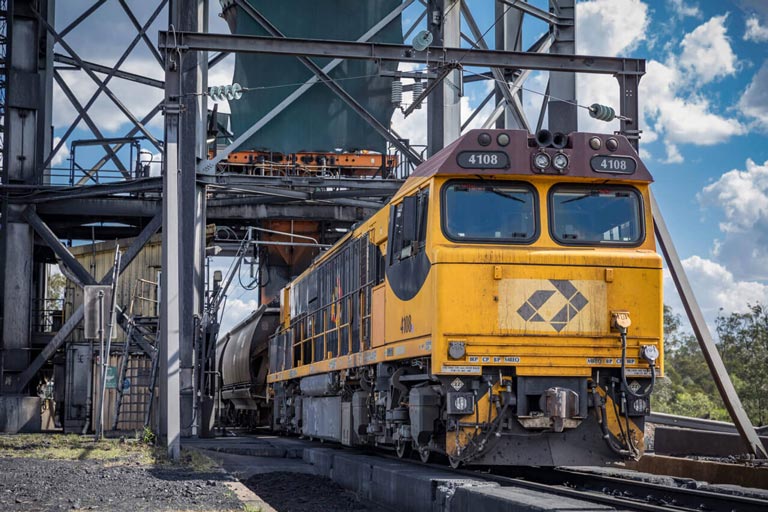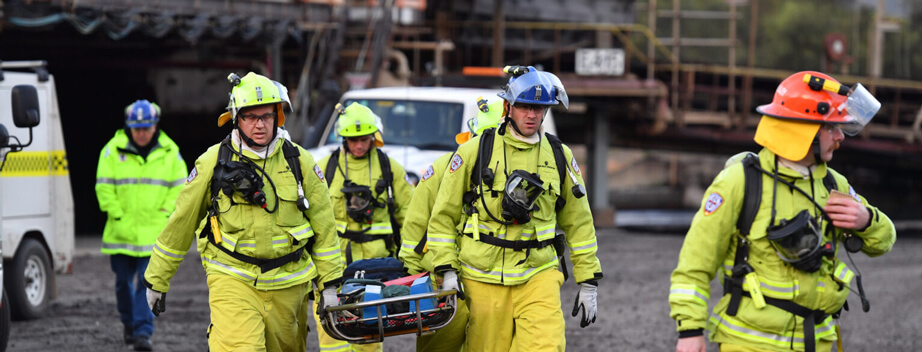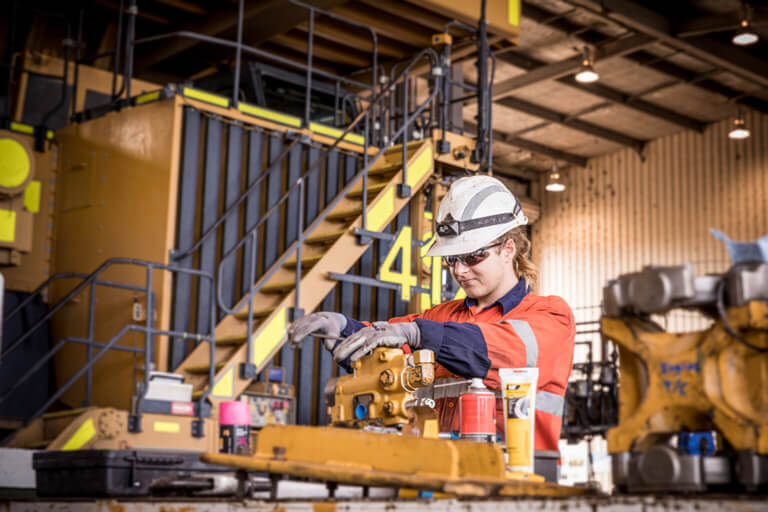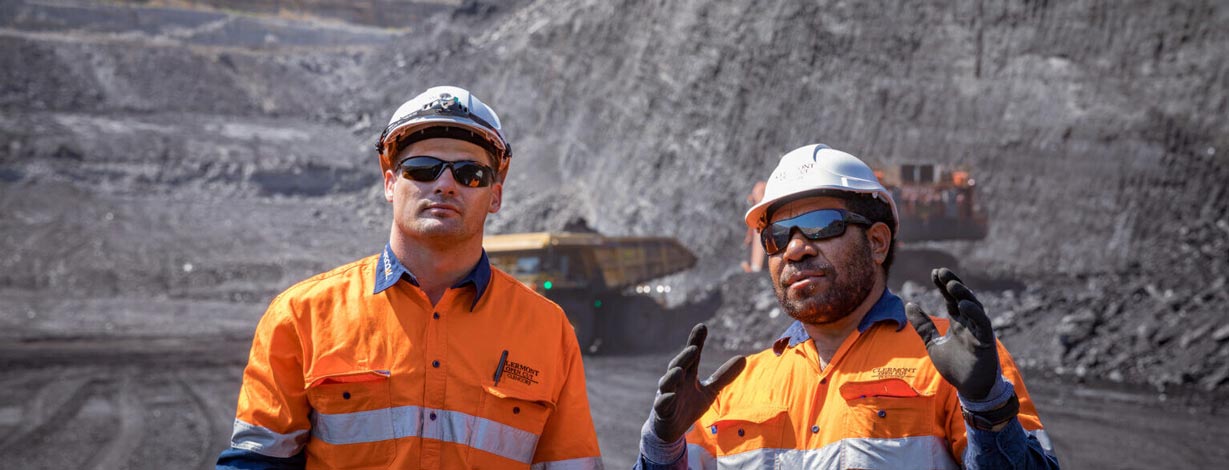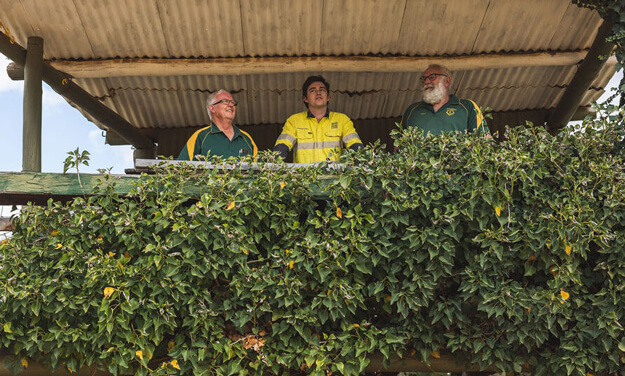Indigenous partnerships
Aboriginal and Torres Strait Islander Traditional Custodians and communities are fundamental partners in mining, and integral to the social and economic contribution mining makes to Australia.
Industry is working harder than ever before to maintain the trust of the people and communities with which it partners. Industry has strong heritage protection processes, continually increases its community engagement capability and constant review of operational and project plans.
Much of the land on which mining occurs is covered by native title and lands rights regimes. More than 60 per cent of operating mines are also located near Aboriginal and Torres Strait Islander communities. Each community has its own unique history and local cultural, social and economic context.
As a key stakeholder in these communities, the MCA and its member companies are fostering and developing opportunities that create inter-generational health and wealth outcomes by contributing to Closing the Gap in Aboriginal and Torres Strait Islanders disadvantage. The MCA is doing this by:
- Supporting co-design principles
- Developing the next generation of leaders
- Developing the skills and business opportunities required for future operations
- Respecting heritage and culture across the mining lifecycle.
The MCA values supporting the development, implementation and advocacy of policies and programs that enable equitable, trusted and long-term partnerships with Aboriginal and Torres Strait Islander communities, including Traditional Owners and native title holders.
These programs have contributed to MCA member companies reporting the following outcomes in the 2022 calendar year:
- Approximately 7 per cent of the workforce identifying as an Aboriginal or Torres Strait Islander person
- Aboriginal and Torres Strait Islander people representing 10 per cent of all mining apprentices and trainees
- Approximately $960 million being procured from 488 businesses that are owned and operated by an Aboriginal or Torres Strait Island people.
There is more work to do. Industry will:
- Increase the number of Indigenous Australians in professional, trades, technical and leadership roles
- Enhance tailored work readiness programs
- Increase procurement spending with Indigenous businesses
- Promote Indigenous-owned and operated mines.
Related Articles
-
 18 February 2026
18 February 2026Alcoa decision shows pragmatic path forward for mining approvals and jobs
Read more -
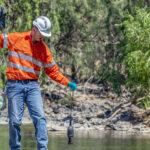 27 November 2025
27 November 2025EPBC Bill fails to strike right balance in protecting environment and promoting stronger Australian mining sector
Read more -
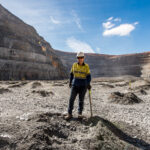 23 November 2025
23 November 2025Bipartisan approach to EPBC reforms required for balance between environment and business needs
Read more
What's New
